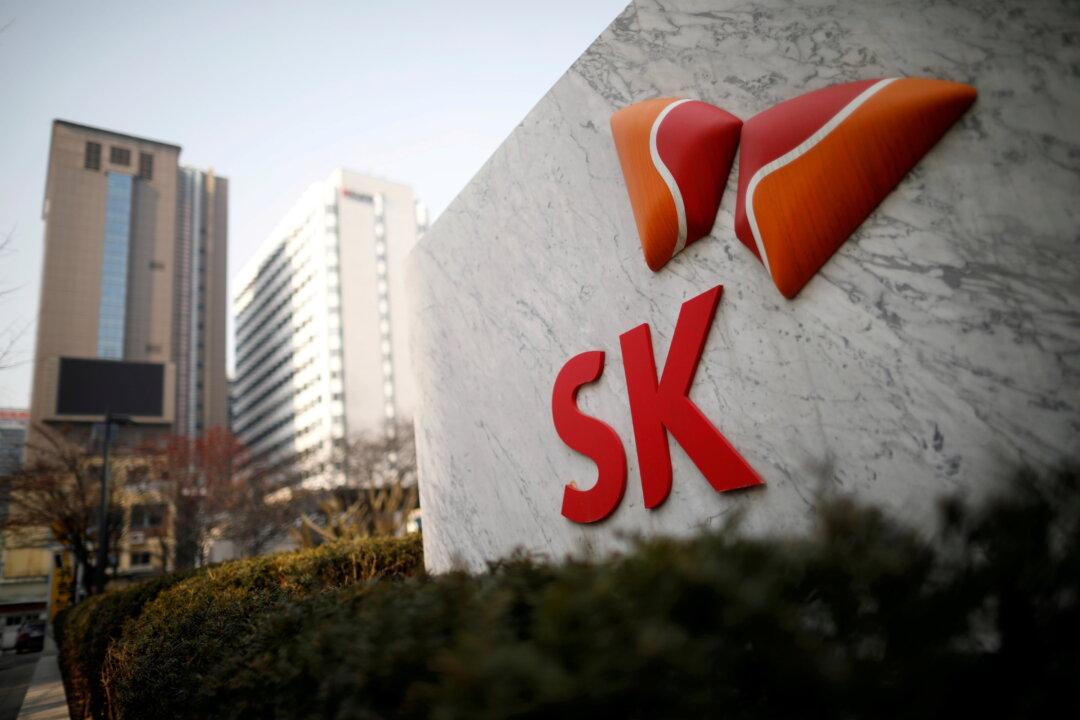South Korean energy company SK Innovation announced on June 14 that it will invest $30 million in U.S.-based Amogy to develop ammonia-based fuel cell systems as it seeks to expand businesses in low-carbon energy.
The two companies signed a memorandum of understanding on technology cooperation in San Jose, California, on June 12, Yonhap News Agency reported.





